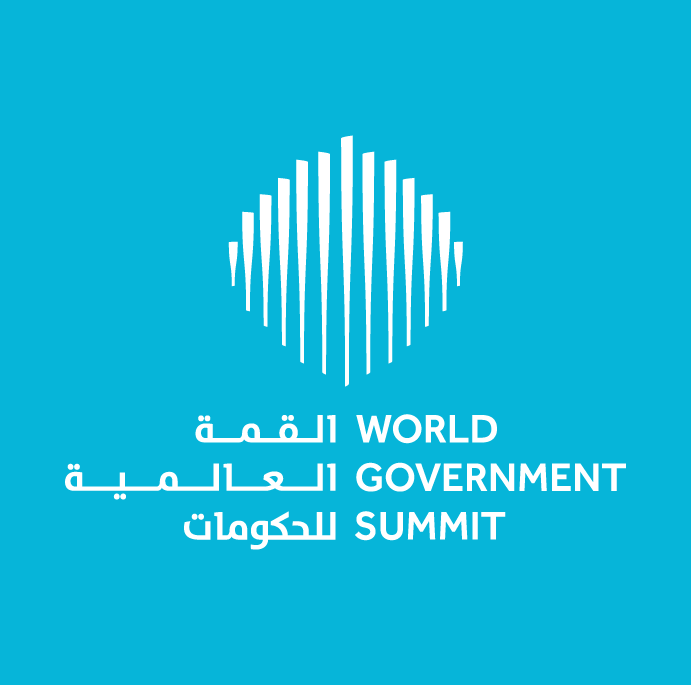WGS – PwC Report Introduces Mainstream Wellbeing Services By 2025 In Bid To Combat COVID Impact
A report released by the World Government Summit (WGS) Organisation focuses on introducing mainstream mental health services by the government by the year 2025 in a bid to combat the negative impacts of COVID-19 on wellbeing.
The research – in partnership with leading consultancy firm PricewaterhouseCoopers (PwC) – highlighted the “moral duty” of legislators to improve the mental health of citizens after an unprecedented crisis worldwide driven by social distancing, job losses, home education and a sudden shift to working remotely.
The ‘Making Mental Wellbeing a National Priority: Actions to Build Resilience’ report emphasised the possibility of “fully integrating comprehensive mental health initiatives into mainstream public health services by 2025, calling for action by identifying cost-effective digital solutions with clinical and behavioural benefits, in several areas”.
It also highlighted the importance of “removing the stereotype” about mental health caused by a COVID-driven halt to critical services in 93 percent of 130 countries surveyed by the World Health Organisation between June and August 2020.
The report said, “The impact of COVID-19 has taken many forms on mental health around the world. Frontline during the pandemic which is the health workers have fallen ill with post-traumatic stress disorder (PTSD), elderly people were separated from their children, grandchildren felt lonely and depressed, and parents felt worried about losing their jobs, while children lost their activities with their friends.
“Governments and policymakers are increasingly recognizing that we should take pandemic’s impact on mental health should take serious steps into bringing solutions and tools to reduce the negative impact and embrace the community wellbeing.”
Mohamed Yousef Al Sharhan, Deputy Managing Director of World Government Summit organisation, said that the World Government Summit Organisation established its global presence as the lead knowledge platform and research organisation to design the future and forecast changes that will determine future of government.
He added that the report in partnership with PwC focuses on the pivotal role mental wellbeing have to enhance people’s lives. Government work is vital in launching new initiatives and design policies that will drive mental health and achieve best results.
For his part, Hamish Clark, Chief Wellness Officer, PwC Middle East, commented, “The global economy is conservatively losing a trillion USD in lost productivity each year due to mental ill-health. The pandemic has only accelerated this impact. In this paper, in partnership with the World Government Summit Organisation, we highlight key recommendations for governments on how to break the stigma surrounding mental health in the workplace and build resilient societies.”
Lina Shadid, Middle East Healthcare Leader, PwC Middle East, further added, “Embedding wellbeing measures in policymaking across the whole public sector through a holistic approach will emphasise the connection between physical, mental health and wellbeing, therefore, it consequently reduces mental health stigma, increases awareness and gives a voice to those who are suffering in silence.”
Regarding the Middle East, the report noted that “awareness of mental health challenge has increased across the region, especially among youth”.
One of the initiatives highlighted was the United Arab Emirates’ National Program for Happiness and Wellbeing (NPHW), which organised a campaign in April 2020 to provide mental health support to all residents in the UAE to help them overcome the psychological impact of COVID-19.
Saudi Arabia also increased mental, social and psychological health support to help citizens deal with stress and anxiety caused by the pandemic, including via a dedicated telehealth service enabling remote access to therapists for callers.
The research paper additionally highlighted the importance of “realizing that new digital tools and services enabling work and social culture can harm the mental health of individuals, before thinking about how to positively is the use of technology”.
It noted that “the potential for undermining technology’s mental flexibility lies behind the emergence of a “social detox” for the users as a way to take steps into reducing their consumption of social media.”
The authors Roger Federer and LeBron James suggesting through the report for the children to “benefit from the same mindfulness techniques” as used by the sports stars.
This report is one of 20 being launched at WGS2022, which will be held in Dubai from 29-30 March 2022, under the patronage of His Highness Sheikh Mohammed bin Rashid Al Maktoum, Vice President, Prime Minister and Ruler of Dubai.
The research is being produced in partnership with major global institutions in areas including economic diversification, knowledge economy, health, education, technology, leadership and sustainable development and environment and climate change challenges.
WGS2022 will bring together a group of government leaders, ministers, senior officials, decision-makers and specialists in financial, economic and social affairs from around the world to exchange experiences, knowledge and ideas that contribute to promoting development and prosperity around the world.
The summit will host more than 4,000 senior government officials, experts and leaders of the private sector to explore the future of governments in more than 110 dialogue and interactive sessions.
To view the ‘Making Mental Wellbeing a National Priority: Actions to Build Resilience’ report, please visit the following link:
https://www.worldgovernmentsummit.org/observer/reports/2022/detail/making-mental-wellbeing






